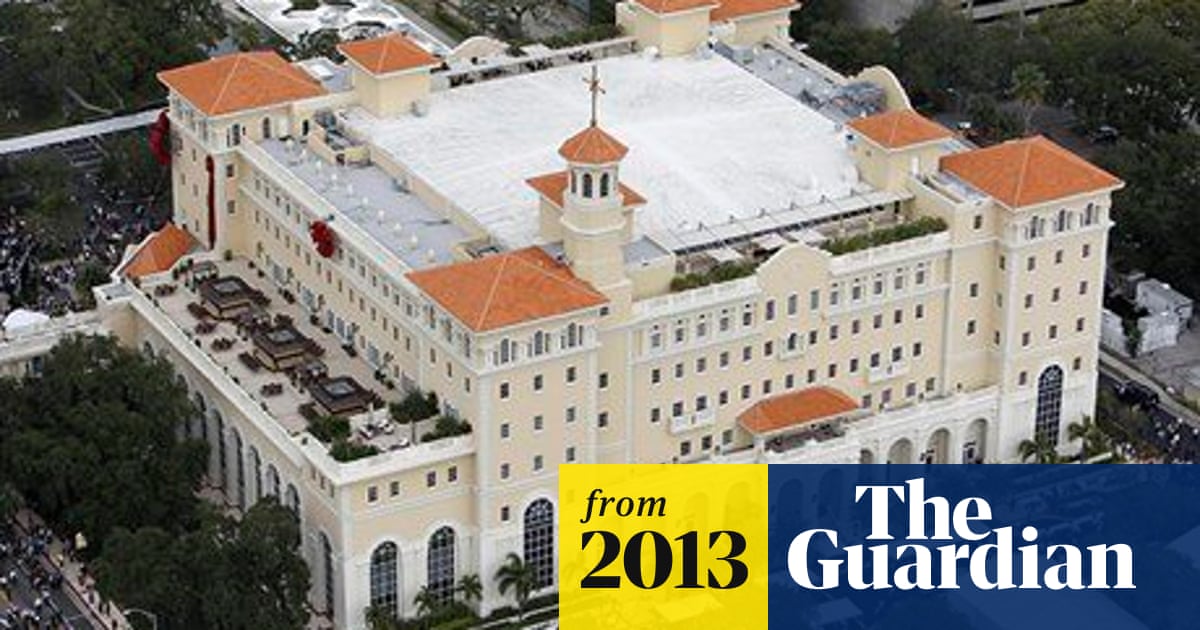Understanding Church of Scientology: Beginnings, Beliefs, and Practices Revealed
Understanding Church of Scientology: Beginnings, Beliefs, and Practices Revealed
Blog Article
The Fact Regarding the Church of Scientology Revealed
The Church of Scientology has long been a subject of both attraction and conflict, with its beginnings dating back to the mid-20th century. As we begin to untangle the fact about the Church of Scientology, a clearer picture emerges, revealing a narrative that is as interesting as it is contentious.
Origins and Establishing
The Church of Scientology was established in 1954 by scientific research fiction author L. Ron Hubbard. Hubbard originally created a self-help system called Dianetics, which later on advanced right into what is currently recognized as Scientology. The beginnings of Scientology trace back to Hubbard's dissatisfaction with conventional psychotherapy techniques and his belief in the possibility for people to get over previous injuries and accomplish spiritual enlightenment.
Hubbard's trainings centered around the idea of thetans, never-ceasing souls offer in all individuals, and the practice of auditing, a form of therapy intended at discovering and attending to past injuries (Scientology South Africa). These concepts formed the structure of Scientology, which Hubbard explained as a religious beliefs that offered a course to self-discovery and personal development
The Church of Scientology rapidly got followers, with Hubbard establishing the first official Church of Scientology in Los Angeles. Over the years, the organization expanded globally, attracting both devoted followers and critics who raised concerns concerning its techniques and ideas. Regardless of disputes surrounding its practices and origins, Scientology remains to be a substantial spiritual motion with an existence in various countries around the globe.

Ideas and Practices
With a focus on spiritual knowledge and individual growth, Scientology's practices and ideas revolve around uncovering previous traumas and attaining self-discovery via the idea of thetans and the practice of bookkeeping. Thetans, according to Scientology doctrine, are never-ceasing spiritual beings that exist within each person.
By doing so, Scientologists believe they can accomplish spiritual knowledge, enhance individual development, and reach their full capacity as spiritual beings. The technique of auditing is central to the ideas and techniques of Scientology, emphasizing self-discovery and the quest of a greater state of existence.
Criticisms and disputes
Amidst public analysis and debate, the Church of Scientology has actually encountered a plethora of debates and objections concerning its methods and effect on culture. One considerable factor of contention revolves around the organization's supposed economic techniques, with accusations of expensive charges for solutions and hostile fundraising methods - Scientology Johannesburg. Critics have also raised issues regarding the Church's stringent hierarchical structure, which some former members claim fosters a society of control and adjustment
Furthermore, the Church of Scientology has been subject to widespread objection for its therapy of participants, consisting of accusations of required labor, mental abuse, and the practice of interference, where participants are urged to cut ties with friends and family vital of the Church. These methods have led to various lawful obstacles and examinations in several countries, casting a shadow over the Church's site reputation.
Furthermore, the Church's hostile legal strategies against doubters and media outlets have actually stimulated arguments about visit freedom of expression and the restrictions of religious protection. These conflicts have dramatically shaped public perception of the Church of Scientology and proceed to fuel ongoing discussions regarding its legitimacy and effect on society.
Management and Structure
Exactly how does the management structure of the Church of Scientology affect its procedures and decision-making processes? The Church of Scientology is recognized for its hierarchical management version, which is streamlined around the authority of its leader, presently David Miscavige.
At the regional degree, Scientology operates through individual churches and goals, each with its very own collection of leaders liable for looking after procedures within their respective areas. These leaders are charged with carrying out the instructions stated by the main leadership while additionally resolving the particular needs of their churchgoers.
While this hierarchical structure can guarantee and simplify procedures adherence to the church's doctrines, it has actually additionally run the gauntlet for possible misuses of power and absence of transparency. Recognizing the management and structure of the Church of Scientology is crucial in comprehending exactly how the see this site company features and the dynamics at play within its ranks.
Impact and Effect
What considerable impacts does the leadership structure of the Church of Scientology have on its members and outside stakeholders? The ordered management framework within the Church of Scientology puts in a profound influence on its participants and exterior stakeholders. Members are frequently based on strict control and monitoring, with substantial pressure to satisfy the beliefs and methods determined by the leadership. This can result in a loss of personal freedom and vital reasoning abilities, as people are expected to unquestioningly follow the regulations established forth by the company's leaders (What is Scientology).
Externally, the Church of Scientology's management framework can have a polarizing impact on stakeholders. While some might be attracted to the organization's charismatic leaders and pledges of self-improvement, others might watch out for the control applied over participants and the conflicts bordering the church. This can bring about a department in public understanding, with some watching the company positively and others revealing skepticism or objection. On the whole, the management structure of the Church of Scientology plays a significant function fit the experiences and assumptions of both members and outside stakeholders.
Final Thought

The Church of Scientology promptly acquired fans, with Hubbard establishing the initial official Church of Scientology in Los Angeles.Among public scrutiny and discussion, the Church of Scientology has encountered a wide range of objections and debates concerning its practices and influence on society.What considerable effects does the leadership framework of the Church of Scientology have on its participants and outside stakeholders? The ordered leadership structure within the Church of Scientology applies a profound influence on its participants and external stakeholders. In general, the management structure of the Church of Scientology plays a considerable duty in shaping the experiences and understandings of both participants and external stakeholders.
Report this page